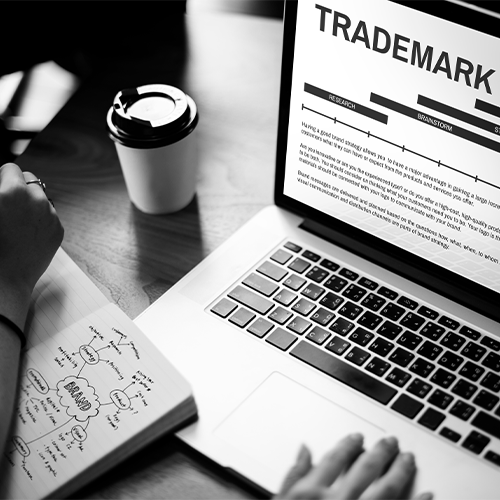Trade Marks | Nature, Purpose and Enforcement

A Trade Mark identifies a product(s) or service(s) which it distinguishes from those provided by competitors and may be owned by a company, business or individual.
The nature of a Trade Mark is, basically, that which the owner wishes to adopt to identify and protect its product and may, by way of example, be a symbol, sign, design, word, musical ‘ditty’, or even a colour.
The intent is that consumers recognise particular services and/or goods within the marketplace, frequently by display on packaging, a label or on the product.
Stuart Southall of Kangs Solicitors comments on the benefit of seeking Trade Mark Protection.
Benefits of a Trade Mark
Any business wishing to protect itself from competitors should seek to secure a Trade Mark by way of registration.
It may well be the case, of course, that at the commencement of trading no such Trade Mark has been developed, and it could be many years before it is, but once identified, protecting the same by registration would be prudent.
There is no legal obligation to secure a Trade Mark, by registration but, by doing so, if it becomes necessary to oppose a conflicting claim at any time by any competitor using a similar Trade Mark, the availability of such registration should prove of great assistance, given this ‘prima facie’ evidence.
The benefits of successfully promoting a distinctive and memorable Trade Mark are, of course, immediately apparent. For example, the ‘McDonald’s Golden Arches Trade Mark was reportedly worth $109 billion for 2022, this is in addition to the actual value of the trading company.
Registration Of A Trade Mark
- Having complied with all formalities, including advertisement, a Trade Mark registration within the UK can be achieved in around twelve weeks.
- Such registration period will last for ten years, thereafter renewable for subsequent periods of ten years.
- Trade Mark registration provides protection under different classes (usually in line with the NICE classification system) and it is possible to have two similar or identical Trade Marks co-existing, but only on the basis that such Trade Marks cover different classes and have different client bases.
- Trade Mark registration enables owners to utilise the symbol ® on any representation of the Trade Mark. It is a criminal offence to use this ® symbol where there has been no registration.
- The ability to feature the ® symbol, distinguishes the protected Trade Mark registration, from the Trade Mark of a competitor which is not registered.
Unregistered Trade Marks
Many Trade Marks are not registered and their owners simply prefer to use the symbol “™“in the course of their business which is a free option and at the very least, enhances the goodwill and reputation of that Trade Mark.
However, even a long-established business which has displayed an unregistered Trade Mark for a number of years, may receive a formal ‘Cease and Desist’ letter, preventing use of that long used Trade Mark, from the owner of a similar Trade Mark which has been registered.
The fact that a business has registered a company name at Companies House and/or a website would not preclude the business you from the above procedure. In many instances, a Trade Mark owner can force the other business to rebrand or assign the website.
Where a Trade Mark has not been registered and a competitor uses one that is similar or identical then, in the event of court proceedings ensuing, to protect the Trade Mark it will be necessary to satisfy the “trinity” below in terms of establishing the tort of passing off:
- to show that there is goodwill and reputation in the Trade Mark,
- the competitor is using a Trade Mark that is confusingly similar, or identical, and
- that the competing Trade Mark is causing confusion in the marketplace which is resulting in loss and damage
How Can We Assist?
Any form of dispute involving Trade Marks can be expensive and potentially protracted Court.
If a business is unable to establish all parts of the trinity, then the claim for passing off will fail, and in those circumstances, if in a formal setting like the Court, would leave the business with a costs liability.
The comparatively nominal cost of registration of a Trade Mark may well prevent confusion and financial loss and the benefits could be substantial.
The value of Trade Mark registration should not be undervalued. Many small businesses have won claims against much bigger corporations (Supermac -v- McDonalds, Bentley 1962 Limited -v- Bentley Motors Limited).
The team at KANGS is highly experienced guiding clients through commercial disputes of every nature, including those involving Trade Marks, and would be delighted to hear from you.
Who Can I Contact for Advice & Help?
If we can be of assistance, our Team is available via telephone 0333 370 4333 and by email info@kangssolicitors.co.uk.
We provide initial no obligation discussion at our three offices in London, Birmingham and Manchester.
Alternatively, discussions can be held virtually through live conferencing or telephone.







